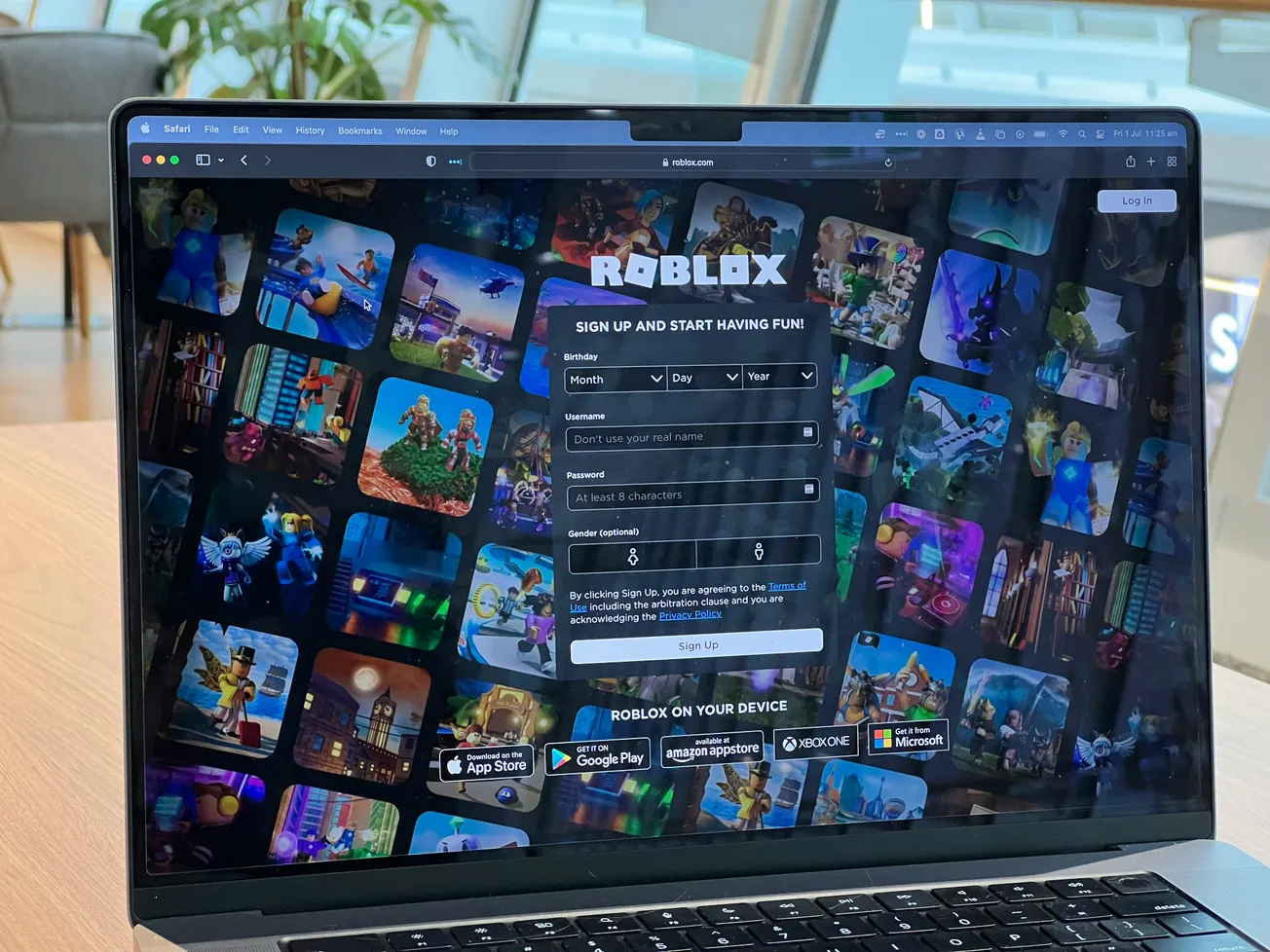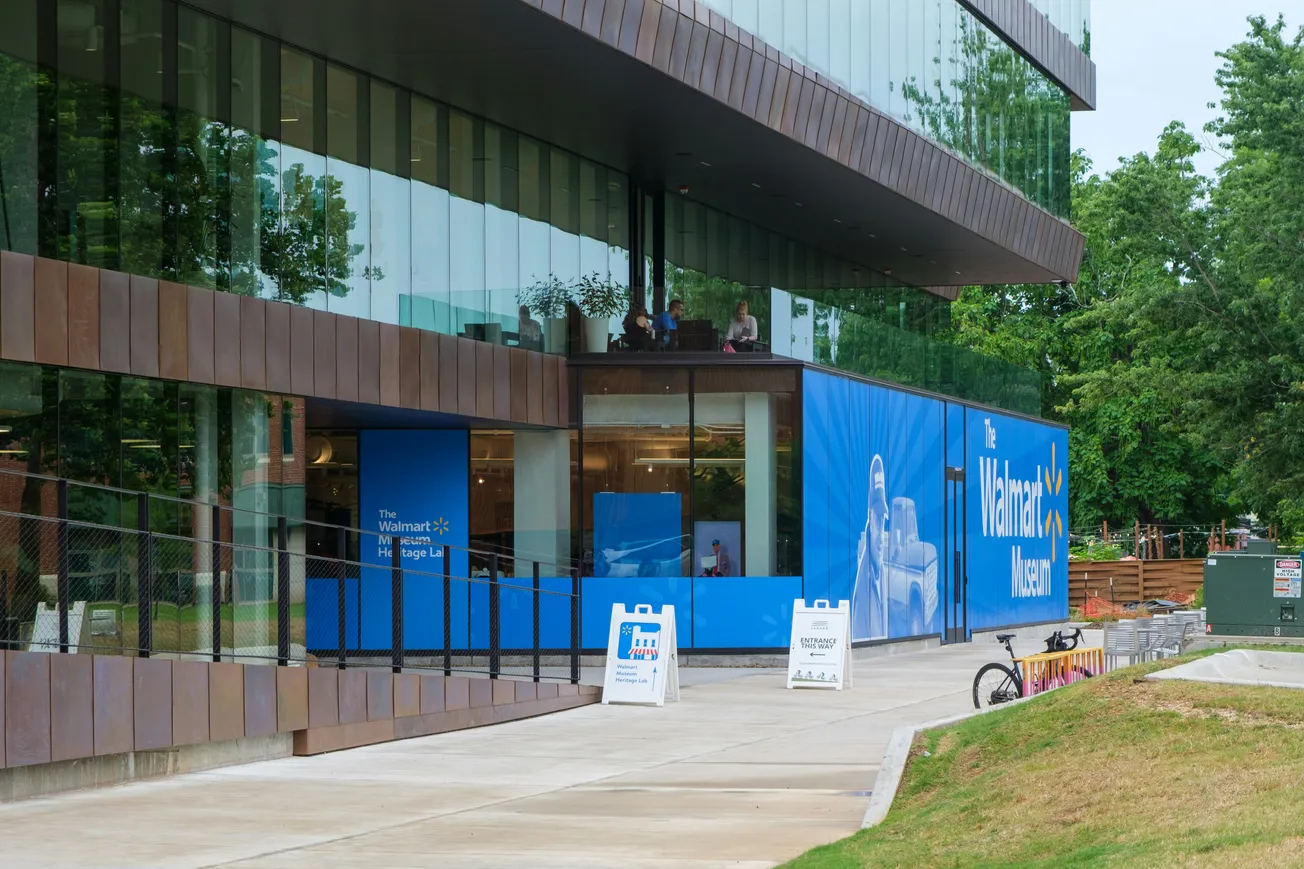Eight years after Amazon bought Whole Foods, they're now bringing Whole Foods' merchandising and marketing teams under their own umbrella. Amazon's grocery business needs a serious boost, but the big question is, can Whole Foods' unique approach fit into Amazon's tech-driven world?
The Need for a Lifeline
Amazon's grocery business hasn't exactly taken the world by storm. They've tried various approaches, but it seems they're still searching for a winning formula. Bringing Whole Foods' teams into the fold suggests a recognition that they need a different strategy, or perhaps, a lifeline. The question remains whether this move will save their grocery ambitions or simply dilute what made Whole Foods special.
A Clash of Cultures
Whole Foods built its brand on a strong connection to its suppliers and a commitment to telling the story behind the products. Think about knowing where your produce came from, the farm it was grown on and the values of the people who grew it.
This focus on community and values is very different from Amazon's typical "move fast and scale" mentality. Amazon is all about efficiency and technology, while Whole Foods has always been more about the people and the process behind the food.
This cultural difference is a major hurdle. For employees who joined Whole Foods because they believed in its mission and its connection to local communities, working under Amazon's directives could be a difficult adjustment. It might feel like the heart of Whole Foods is being replaced by a more corporate, data-driven approach.
Impact on Employees and Quality
For many Whole Foods employees, the job was never just about the technology or the speed. It was about passion for food, connecting with customers and supporting the farmers and producers.
When these employees are pushed to adopt Amazon's pace and priorities, that passion could fade. This could lead to a drop in job satisfaction and a less authentic experience for shoppers.
Furthermore, the quality of merchandising and marketing might suffer. The unique storytelling and focus on product origins that set Whole Foods apart could be lost in the shuffle. If the teams are now primarily focused on Amazon's goals, the very essence of what made Whole Foods appealing to its customers might be compromised.
It's a tough situation: Amazon needs Whole Foods' grocery business to succeed, but in trying to fix it, they might end up breaking what made it work in the first place.










